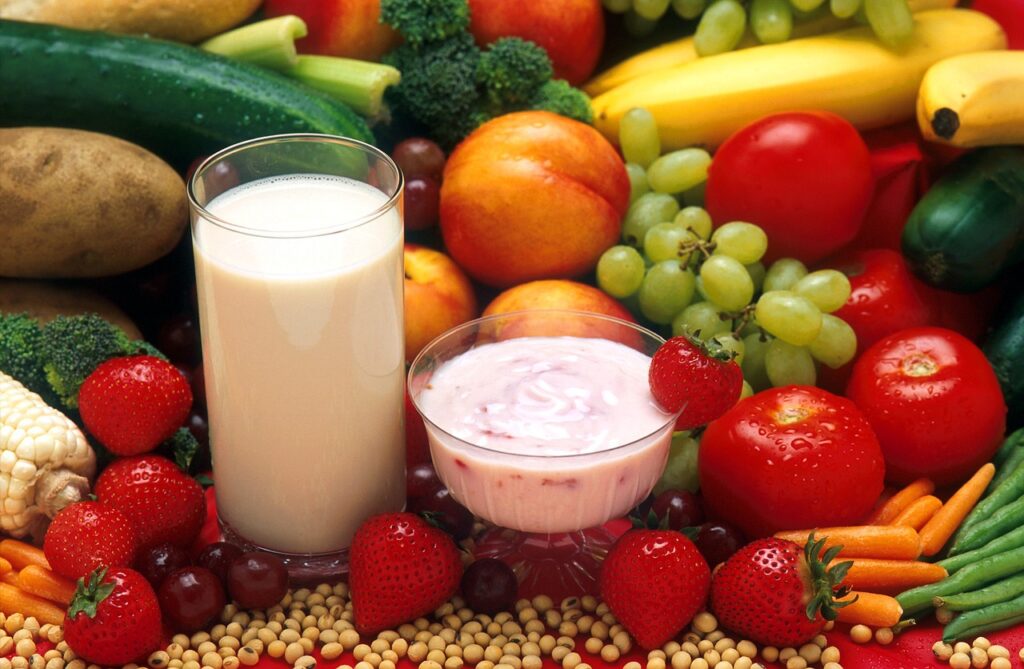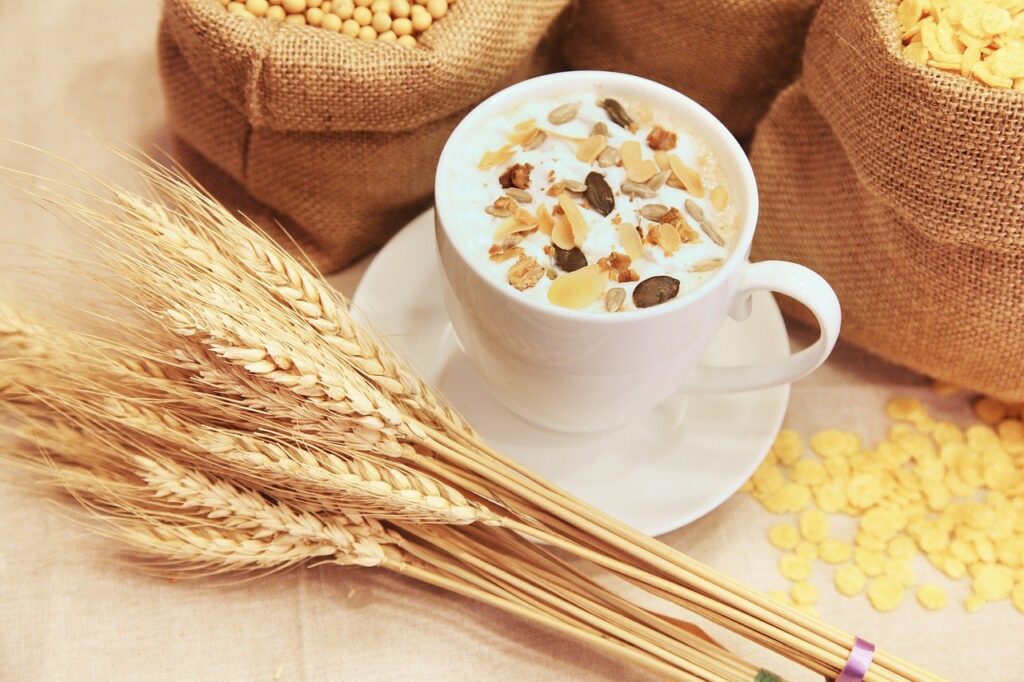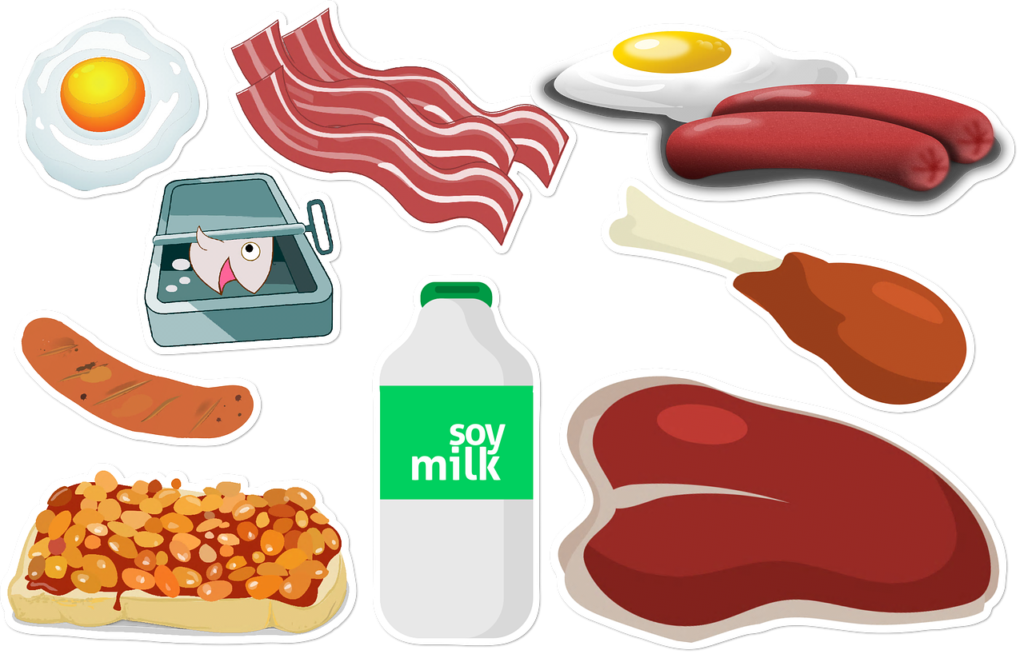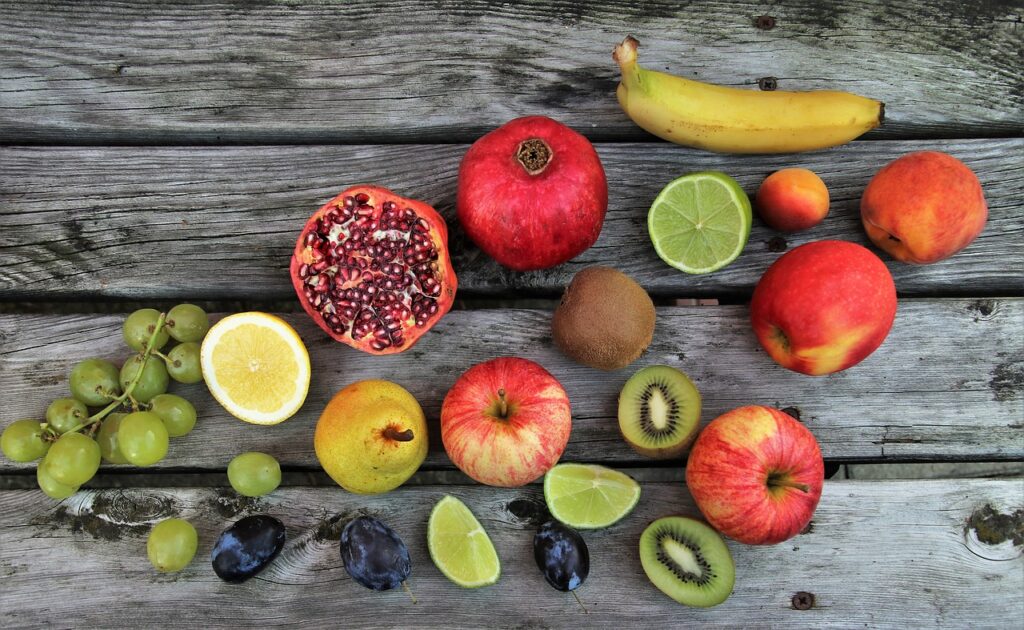Macro and Micro nutrients in food
As we all know that food is very essential part of our life, everyone eat something on regular basis to survive but many of us don’t know how to balance our meal to stay healthy. Here are few main points in brief that how we can balance our meal on the basis of macro and micro nutrients.

Eating healthy food is the wisest choice of human being!
What are the Macro nutrients and Micro nutrients?
Nutrients which our body requires for the growth, development and functioning of the system and senses, which are widely named into two:
Macro nutrients
Macro nutrients are simply known as carbohydrates, proteins and fats which provides the energy or calories to our body. This is always a major part of our regular meal and very important thing for the growth of our body. Major Macro nutrients are as below:
- Carbohydrates

- Carbohydrates are the major part of our meal and main source of energy for the human body because they are easily broken down into glucose.
There are simple and bad carbs which releases sugar very fast. They are easily found in refined food products and don’t contain any vitamins and minerals or fibers. These kind of bad carbs are very low in fibers, low in nutrients, high in saturated fats eg. refined flours and refined sugar. To stay well and healthy one should always void the food contains high amount of bad carbs.
On other hand there are Complex and good carbs which are processed slowly and filled with various nutrients. This kind of good carbs are high in fibers, very low or zero in saturated fats, free from refined grains and refined sugars which are commonly found in fruits, vegetables, legumes or lentils, sweet potatoes and food made with whole grains or brown rice etc. This is always suggested to intake good amount of complex carbs in our meal.
2. Protein

- Proteins are another major part of our meal which doesn’t provide direct calories to our body like carbs but it’s a major ingredient to build up the parts of body since its made up of amino acids and functions as antibodies, enzymes and hormones in immune system building.
The nutritional value of any protein food is measured by the amount of amino acids, which varies from the source of food. Main sources of protein are meat, fish, soya, eggs, legumes, seeds and nuts etc.
Animal products like meat and fish contains all essential amino acids. Soy products, quinoa and seeds of amaranth also contains all essential amino acids. Vegetarian and vegan people must include multiple greens in their daily diet because plant protein might lack in at least one amino acid.
It’s always recommended to intake .75 to 1 gram protein per kg of your body weight.
3. Fat
Fats are categorized into two: Saturated and Unsaturated. Human body requires only Unsaturated fats to regulate the metabolism, maintain the elasticity of cell membrane, improve blood flow, growth and regeneration of the cells. Fats also help to deliver all kind of fat soluble vitamins A, D, E and K into our body.
Human body doesn’t necessarily require saturated fats but it still provide cholesterol to our body which helps in hormones production. Human body produces its own cholesterol but a little amount can be taken through meal which helps in building cell membranes, hormones like oestrogen and testosterone. It also help to our metabolism work better and produces vitamin D. At the same time high amount of cholesterol in body increases the risk of heart disease.
Sources of fats to include in our meal are avocado, dairy products, nuts, eggs, chia seeds extra olive oil, fatty fish like salmon, mackerel etc. Sources of saturated fats mainly are animal fat, coconut oil and butter.
Micro nutrients
Micro nutrients are mainly vitamins and minerals.
Like Macro nutrients human body doesn’t prod micro nutrients in the the amount it requires, that’s why eating healthy meal rich in vitamins and minerals is very essential for everyone. Vitamins are organic and can be broken down in contact of heat, air or acid which mean they can deteriorate when cooked or exposed to air that’s why we should always ensure that we taking good amounts of vitamins in proper way.
Minerals are inorganic and never get broken down same as vitamins that’s why human body mostly absorb the minerals from the food which comes from soil and water.
Every single vitamin and mineral plays a significant role in human body and they can also work as antioxidants which protects our body against various diseases and deficiencies.
1. Vitamins
Main function of vitamins is to help release the energy found in the food what we eat. Vitamins help to build the protein and helps to multiply the cells. It generates collagen which plays important role to heal the wound, support the blood vessel wall and strengthen the bones and teeth. Vitamins keeps our main senses and nervous system in good condition. Vitamins are categorized into two: fat soluble vitamins and water soluble vitamins.

2. Minerals
Minerals plays very important role in human body, it promotes healthy bones and stabilize the protein structures what we get from food. It helps for the oxygen movement in human body and assist us the ability of taste and smell.
Food sources high in micronutrients:
Avocados, green leafy vegetable, lettuces, brussel sprouts, mushrooms, potatoes, melon, berries, seeds, bell peppers, Fruits, beans, lentils, peas, salmon, tuna, seafood, lean red meat, chicken, grains like quinoa, oats and brown rice.